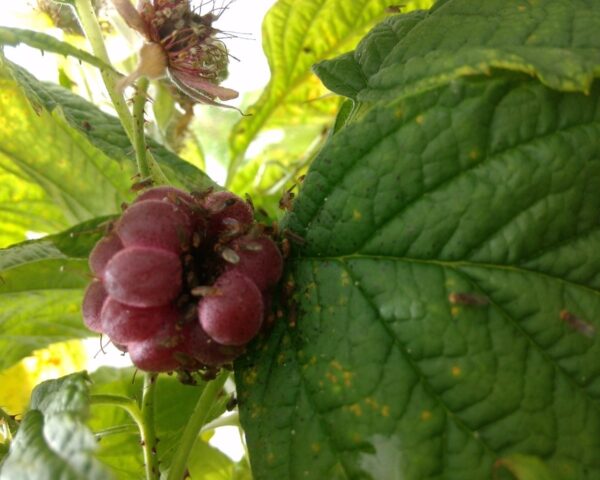WHS
2016Goals
To evaluate the resistance and resilience of soil microbial communities to combined water stress, or not, to heat stress in an agroforestry system and compared to a monoculture system in a Mediterranean climate.
Number of rooms useds
- 2
Project duration
- 5 months
Ecological stability of soil microbial communities in the face of hydric and/or thermal stress in Mediterranean agroforestry systems

Researchers
Esther Guillot ; Isabelle Bertrand ; Philippe Hinsinger
Informations
Eco&Sol
Montpellier
Journal : Soil Biology and Biochemistry
Reference : DOI:10.1016/j.soilbio.2018.11.011
- Soils were sampled at several distances from the tree line in the agroforestry system, as well as in the adjacent monoculture system. We maintained soil samples in optimal moisture conditions at 25°C on the one hand, and simulated two cycles of desiccation – re-humectation under controlled conditions by applying 2 distinct treatments, on the other hand: a hydric stress at 25°C and a hydric stress combined with a thermal stress at 40°C.
- In the face of water stress alone, the resistance of soil microbial biomass and its resilience are similar, regardless of spatial position in an agroforestry system or in comparison with a monoculture system.
- Faced with combined water and heat stress, soil microorganisms in the middle of the row or in the monoculture system show higher microbial biomass resistance indices, but lower resilience indices than on and near the tree line.
We have also shown that soil microorganisms can significantly change their stoichiometry depending on the stress imposed. Indeed, soil microorganisms show significantly increased CBM:MBN and CBM:MBP ratios during the resistance phase.
After exposure to water stress alone, soil microorganisms show great resilience by rapidly recovering stoichiometric ratio values similar to those of unstressed microorganisms.
On the other hand, when soil microbial communities are exposed to combined water and heat stress, changes in stoichiometry can be irreversible.



